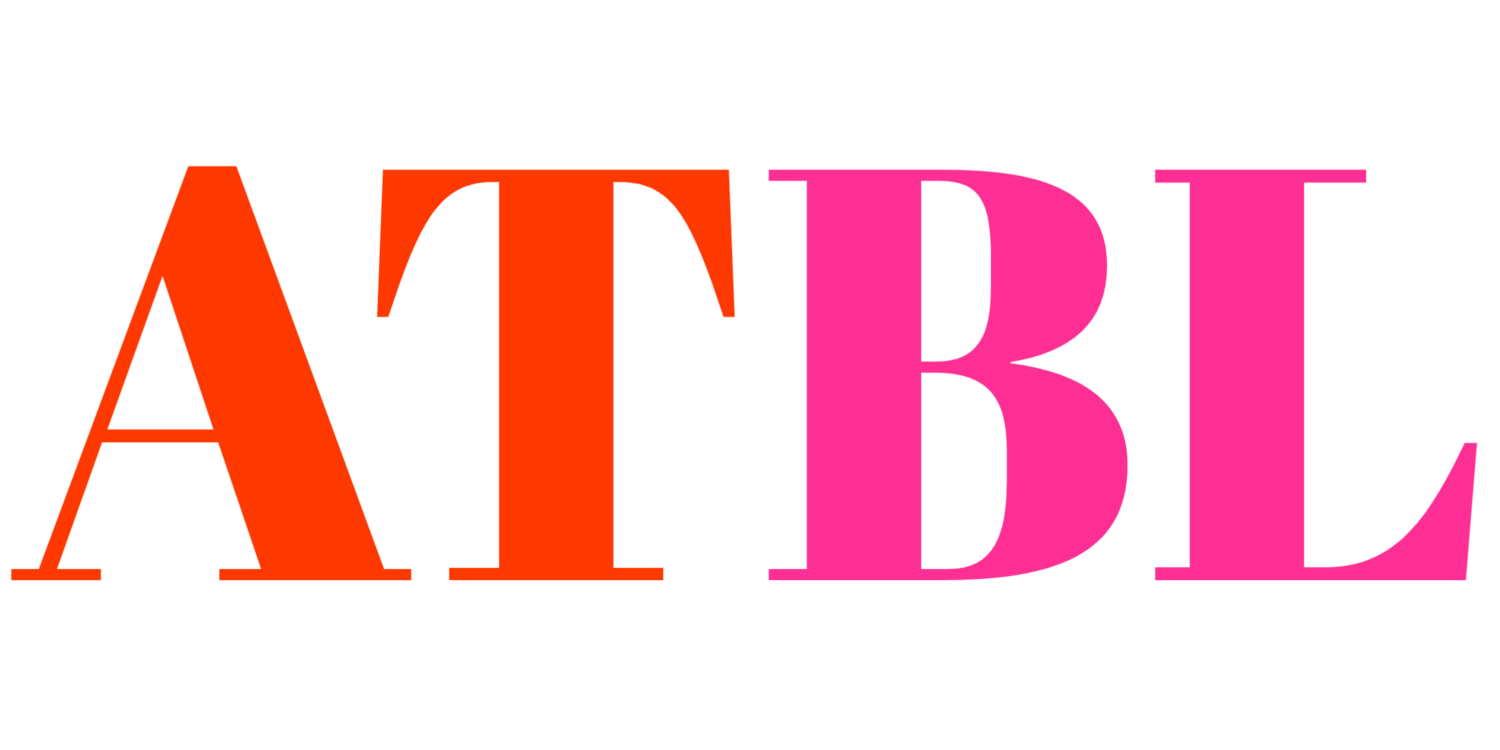Pronoun Policies: Analysis in Non-Academic Environments
This series discusses pronoun policies at the University of St Andrews. Pronoun policies have become a hot topic in discussions about gender identity and expression at academic institutions. This series uses the Actor Network Theory (ANT) to discuss the importance of pronouns in shaping the socio-material experience of students at university. Trigger Warning: This series contains a discussion of gender identity, expression, discrimination and abuse.
The series is broken into six parts; an introduction to gender pronouns and their importance, Setting an Academic Framework, Analysis in Academic Environments, Analysis in Non-Academic Environments, and Critical Evaluation and Conclusion,
The following analysis considers two unique yet interrelated aspects of student life in non-academic settings. The university’s approach to gender pronouns in St Andrews deeply affects student and staff social interactions. This report demonstrates the effects and importance of gender pronouns by analysing these two areas: Positive Social Interaction, and Negative Social Interactions.
Positive Social Interactions
Evidence of the experience of trans and non-binary students and staff in St Andrews is minimal. Their experience is often combined with the broader LGBTQ+ community. However, social media platforms, which are also objects that create and sustain identities, reveal part of this experience.
The Facebook page 'St Fessdrews' is popular with students and allows anonymous posting of comments and opinions. A post on this page (see below), from a student who identifies as non-binary ("enby"), expresses concerns over discussing pronouns with their friends. It is clear from the post that their identity as a non-binary and potentially transgender person is deeply affected by their interactions with other students. As an informal organisation of people, St Andrews students are raising pronouns as an issue that is potentially harmful to other aspects of the organisation.
In the ANT framework, this social media post shows the assembly of meaning and identity on multiple fronts. The post's content suggests that the student's identity can be affected by the opinion of others and their friend's misuse of their pronouns, whether unconscious or not. The post also implies that the meaning attached to gender identity is inextricably linked to its relations with pronouns.
It would follow logically that the practical implication of this is for the Union to recognise these issues in an official capacity, to legitimise informal interactions which may otherwise make students and staff uncomfortable. The University community sees the Union as a forum and conversation starter. The concerns expressed in the post above would benefit from this conversation.
Negative Social Interactions
The authority and publicity of the Union forum would also confront the ridicule of gender pronouns as avenues of communication and identity.
While relations using gender pronouns define identity, in the same way, communications concerning gender pronouns alter the meaning of the pronouns themselves. Unfortunately, social media anonymity has allowed members of the university community to insult the use of pronouns through jokes. A number of posts (see below) represent some students' attitude towards the use of pronouns. These attitudes alter the meaning of pronouns. Perception is reality, and if conversations continue to perceive pronouns as a joke, that will become their reality.
This evidence shows that the St Andrews community, as an organisation, is not immune to the discriminatory attitudes illustrated in reports on trans and non-binary experiences. In 2011, 46% of trans students reported that they felt victimised by other students through verbal and threatened abuse (National Union of Students, 2011, p. 14). These attitudes can have dramatic effects on the trans and non-binary identities, for example, the same 2011 report found that students altered their "behaviours and avoided certain gestures or clothing styles" to avoid bias-motivated attacks. We can draw a clear connection between threats and discriminatory 'jokes' about pronouns and altered realities and identities in university communities.
Sources
National Union of Students (2011). Hate crimes and incidents in further and higher education: sexual orientation and gender identity. London: National Union of Students, pp.1–63.
St Fessdrews (2019). [online] Facebook. Available at: https://www.facebook.com/stFessdrews/posts/1159517267587622 [Accessed 10 Dec. 2020].
St Fessdrews (2020a). [online] Facebook. Available at: https://www.facebook.com/stFessdrews/posts/1411374959068517 [Accessed 10 Dec. 2020].
St Fessdrews (2020b). [online] Facebook. Available at: https://www.facebook.com/stFessdrews/posts/1419422158263797 [Accessed 10 Dec. 2020].



